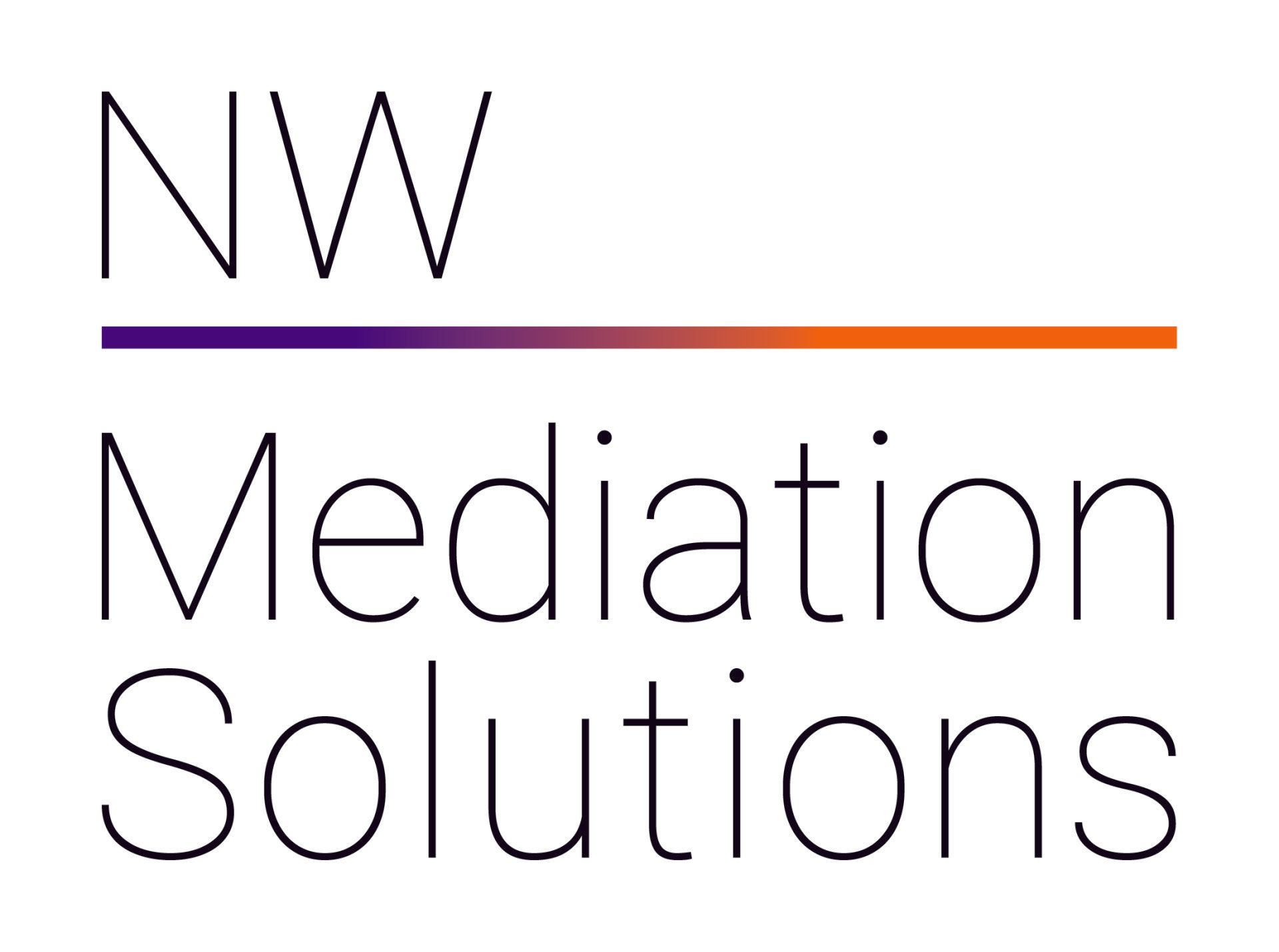When should you consider mediation?
When should you consider mediation?
Consider the effect of the various Protocols prescribed by the CPR and the current case law, and the costs risks if you do not mediate.
Mediation can be used before or after legal proceedings have been issued.
Using mediation at the earliest opportunity will save on legal costs, but the parties need to know all of the issues in dispute to make an informed decision. Sometimes, this may only be after the parties have set out their case in the pleadings and on other occasions it is only possible after disclosure. The optimum time to mediate will vary from case to case so it is important to keep it in mind at all times.
It is important to remember that mediation is an entirely voluntary process. For some litigants, they simply do not want to mediate and it can be seen as yet another costly delay to getting a result.
The courts strongly encourage parties to mediate and in certain cases an unreasonable refusal to mediate has resulted in the successful party being ordered to pay their opponent’s costs. (see the cases of Halsey v Milton Keynes General NHS Trust [2004] EWCA Civ 576) and PGF II SA v OMFS Company 1 Ltd [2013] EWCA Civ 1288 in relation to the Court’s attitude to a failure to engage in mediation)
Mediation is also a valuable tool for any litigator – it can be used to narrow down the issues in dispute, prevent any further conflict and in 90% of our cases to resolve the dispute. Mediation allows more creativity and flexibility over settlement options than going to trial and puts the result in your client’s hands, rather than the Judge’s.
It should be remembered that at least 50% of people who go to trial believe the Judge got it wrong. The figure can be higher because although the Claimant may win he might not do so on all aspects of his case and his damages be significantly less than he expected
Even if a mediation does not settle on the day, in our experience even if a mediation doesn’t settle they usually arrive at a settlement shortly after once the parties have had time to reflect upon their positions.
Save time
Save time
Save costs
Save costs
Get a result
Get a result
Remove risk
Remove risk
Meet your expert Mediators
Meet the specialists
Meet your expert Mediators













